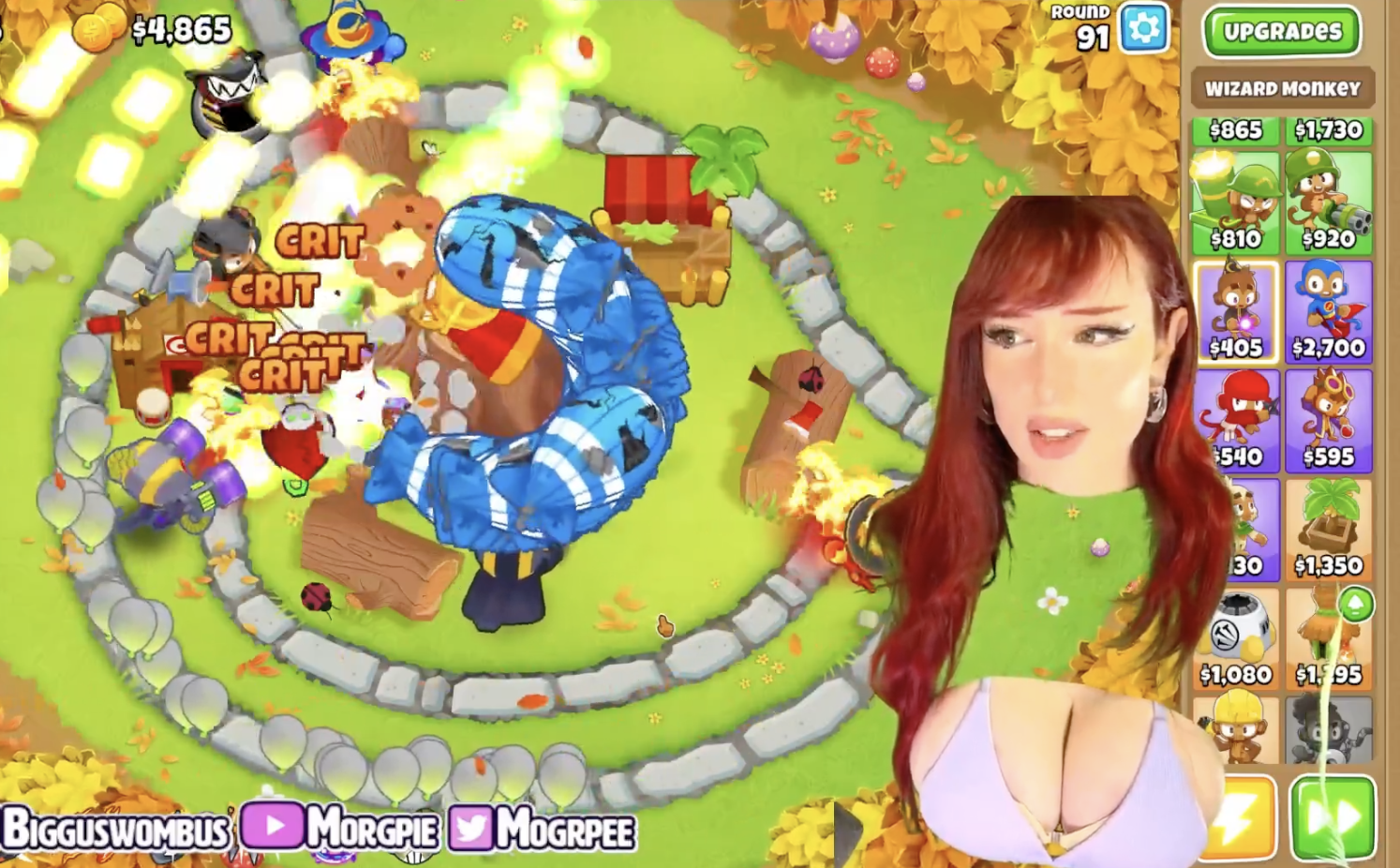
Three artists have filed a lawsuit against Stability AI and Midjourney, creators of AI-powered art generators Stable Diffusion and Midjourney. The lawsuit involves artist platform DeviantArt, which recently also created its own DreamUp generator.

Artists Sarah Andersen, Kelly McKernan and Carla Ortiz allege that these organizations violated the rights of millions of artists by training their artificial intelligence tools on five billion images taken from the Internet without the consent of the authors
The lawsuit was filed by lawyer and printer Matthew Butterick with the law firm of Joseph Savery, which specializes in antitrust and class action litigation. Butterick and Savery are currently suing Microsoft, GitHub and OpenAI in a similar case over the CoPilot AI programming model, which learns from lines of code gleaned from the Internet.
Butterick describes the case as “another step toward making AI fair and ethical for everyone.” He says the ability of AI art tools like Stable Diffusion to “flood the market with a virtually unlimited amount of infringing images will cause irreparable damage to the art market and artists.”
Course
EXCEL FOR BUSINESS
Master Excel in just 1.5 months and increase the efficiency of business processes in your company.
REGISTER!
As the popularity of AI tools has skyrocketed over the past year, the art community has reacted wildly. While some say these tools can be as useful as software of past generations, such as Photoshop and Illustrators, many others object to using their work to train these potentially very profitable systems.
Whether AI-based systems violate copyright law is a complex question that experts say must be resolved in the courts. Creators of artistic AI tools usually argue that training this software on copyrighted data falls (at least in the US) under the fair use doctrine.
But fair use cases still need to be litigated, and there are many complicating factors when it comes to AI art generators. These include the location of the organizations behind these tools (as the EU and US have slightly different legal rules for data extraction) and the purpose of those organizations.
For example, Stable Diffusion is trained on the LAION dataset, which is created by a German research non-profit organization, and if used conscientiously, non-profits can be treated more favorably than regular companies.
The lawsuit, filed by Butterick and the law firm of Joseph Savery, has also been criticized for technical inaccuracies. For example, the lawsuit alleges that AI artistic models “retain compressed copies [защищенных авторским правом] educational images” and then “recombine” them; which functions as a “tool[ы] collage of the 21st century”. However, AI artistic models generally do not store images, but mathematical representations of patterns assembled from these images. The software also does not assemble pieces of images into a collage, but creates images from scratch based on these mathematical representations.
Media: Microsoft invests $10 billion in OpenAI – the developer of the chatbot ChatGPT, which generates frighteningly human texts
Source: The Verge




